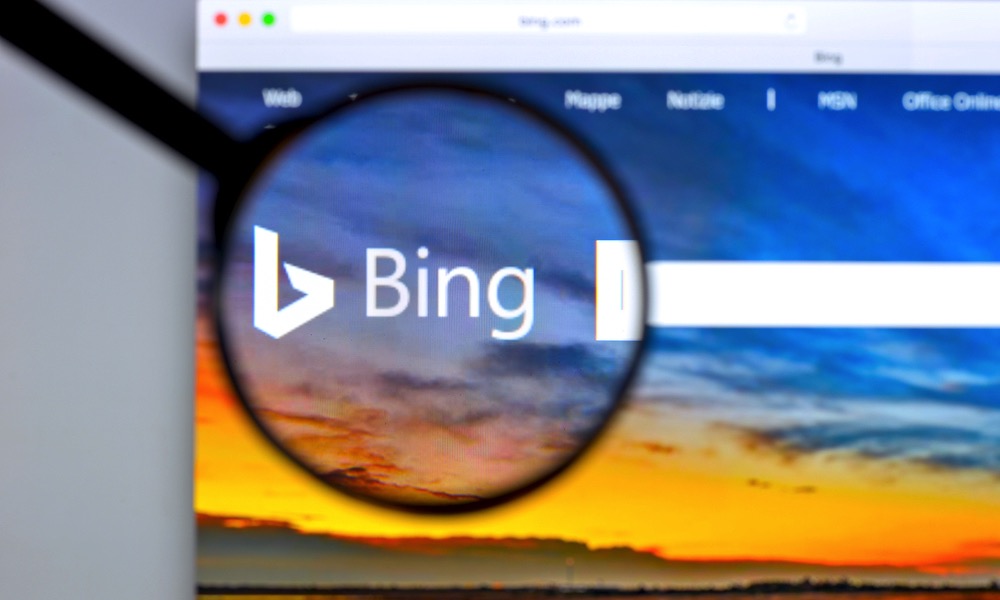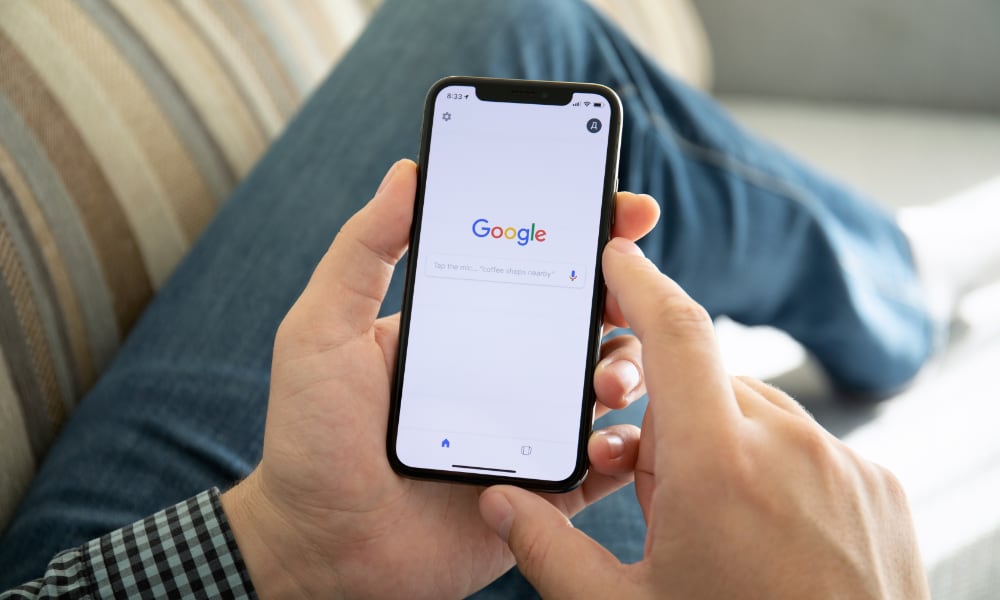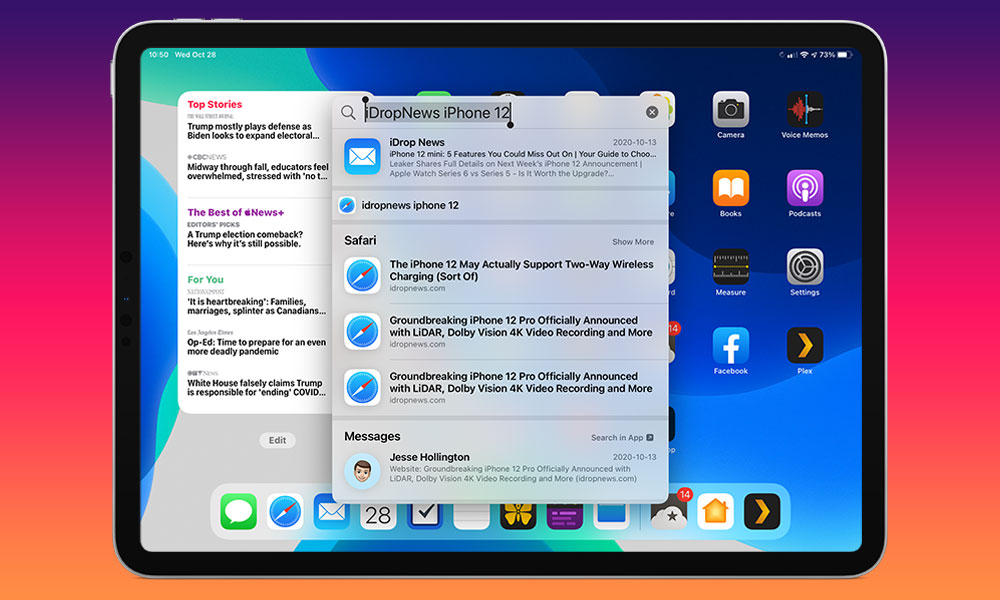Microsoft Offered to Sell Bing to Apple as a Google Competitor
 Credit: Casimiro PT / Shutterstock
Credit: Casimiro PT / Shutterstock
Toggle Dark Mode
Rumors of Apple working on its own internet search engine have been circulating for years, although they’ve rarely had much substance. However, a new report reveals that Apple may have briefly considered getting into the search business through an acquisition.
According to Bloomberg, Apple met with Microsoft about three years ago to entertain the possibility of acquiring the Bing search engine. While those talks ultimately failed to gain any meaningful traction, Eddy Cue, Apple’s Senior VP of Services, appears to have at least considered the idea worthwhile enough to hold a meeting. However, according to Bloomberg’s sources, “the talks were exploratory and never reached an advanced stage.”
Since the advent of the iPhone 16 years ago, internet searches in Safari have been conducted using Google. Although users can choose an alternative search engine, most don’t bother, and Google pays Apple handsomely for that placement.
Apple’s Eddy Cue is the one who typically brokers the deals with Google. While the relationship between the two companies has cooled since the early days of the iPhone when Google also powered Apple’s Maps app and the Apple-designed YouTube app, most analysts estimate the search giant is still paying more than $10 billion per year to Apple to maintain its position in Safari.
Meanwhile, Microsoft, which launched Bing in 2009 in an attempt to take on Google, has long vied for that premium piece of digital real estate. After all, with well over a billion iPhones and iPads in active use, Google is getting a lot of search traffic by default. Many analysts believe the multi-billion-dollar premium it pays Apple each year is as much about keeping competitors out as keeping itself in.
While Bing is the second-place search engine internationally, that’s a very distant second, drawing in less than 10% of search traffic. It’s easy to see why Apple isn’t that interested in building its own search engine and likely why Microsoft’s offer of Bing didn’t go anywhere. It’s possible Eddy Cue was merely being polite by holding the meeting in the first place.
Apple has done some business with Bing in the past, perhaps in an effort to avoid putting all of its eggs in one basket. While Google remained the default search engine for Safari, requests made to Siri and via the Spotlight search interface were handled by Bing for about four years, from 2013 to 2017.
In 2016, as the Apple-Google search deal was up for renewal, Microsoft pitched Apple on expanding its Siri and Spotlight partnership to make Bing the default search engine for everything on the iPhone and iPad. However, Google made Apple an offer that included a share of the ad revenue from searches performed on an iPhone, iPad, or Mac, and Apple switched Siri and Spotlight back to Google in 2017, ending its arrangement with Microsoft entirely.
The move to Google search across the board was primarily done for consistency. However, in addition to the new revenue-sharing arrangement, Google also agreed to stronger privacy protections that allowed searches made from Siri and Spotlight to be encrypted and anonymized.
It’s unclear if Apple ever seriously considered Bing as a viable replacement. While giving testimony this week in the US Justice Department’s antitrust trial over Google’s search business, Eddy Cue said the company chose Google as the default search engine because “there wasn’t a valid alternative.”
When we’re picking search engines, we pick the best one, and we let the customer easily change them.
Eddy Cue, Apple Senior VP of Services
However, Cue also said that Apple doesn’t give Google a free pass when it comes to its privacy policies. In addition to encrypting and anonymizing searches made from Siri and Safari, Apple also requires that Google permit searches from Apple devices without forcing users to log in and that “the iPhone is a much more private device” than those that run the Android operating system.
While acquiring Bing would have given Apple a leg up in building its own search engine, it clearly wasn’t interested in going down that road. During his testimony, Cue revealed that Apple renewed and extended its deal with Google in 2021, at least a year after Microsoft tried to sell it Bing. He added that he didn’t “know what we would have done” if negotiations with Google fell apart.
Cue’s testimony should put to rest any notions that Apple is working to develop its own search engine at this scale. Cue reiterated several times that Google is the best option, and Apple sees no need to try and reinvent the wheel.
However, that’s also contingent on Google and Apple finding a middle ground on privacy; Apple Maps was born out of Google’s desire to collect location tracking data on iPhone users — something that Apple flatly refused to permit — and voice assistances are similar minefields for privacy, which is why we’ll never see Google Assistant take over Siri’s role on the iPhone.








